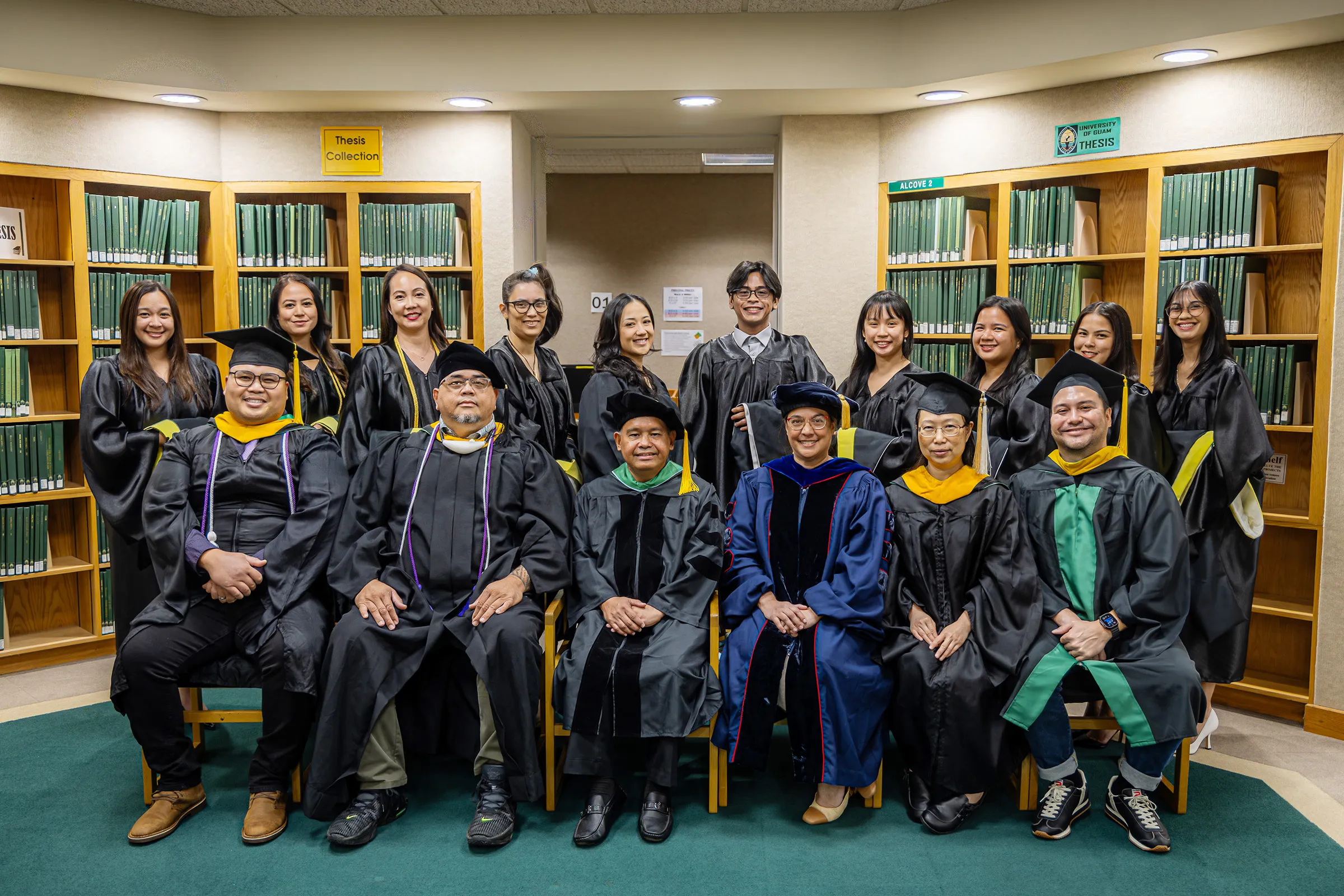
BC Cook
DO you remember the story of Robinson Crusoe from your childhood? A sailor was the lone survivor of a shipwreck and made his way to a deserted island. He lived alone for years and learned to hunt, fish, build, and prosper without the use of tools or the assistance of other people. The character is fiction but the story is true. This really happened to a man named Alexander Selkirk.
Selkirk lived in Scotland three hundred years ago. He got a job on a sailing ship mainly to escape some local trouble, and life at sea taught him a lot about ships and self-reliance. While stopping at the Juan Fernandez Islands off the coast of Chile, Selkirk feared that the ship he was on was not sea-worthy. He argued with the captain that they should stay in the islands to make needed repairs, and if they did not, he wanted off the ship because he was convinced it would sink. The captain promptly sent him ashore and weighed anchor. At the last minute Selkirk changed his mind but the captain refused to let him back on board. He was marooned and alone.
As it turned out Selkirk was right. The ship leaked and soon foundered. The few survivors of the sinking were captured by the Spanish, tortured, and imprisoned. Selkirk got the better end of that deal.
Meanwhile, back on the island, Selkirk did his best to survive. At first he lived on the beach, eating shellfish and looking for passing ships. Eventually sea lions drove him inland, because few things intimidate like an aggressive sea lion bull in search of a mate.
After he moved away from the beach his life improved. He grew stronger by eating a more diverse diet that included vegetables and spices, built two shelters to live in and fashioned crude tools. He learned to hunt the wild goats on the island for meat and milk, chasing them through the brush on foot. When his clothes wore out he made new garments out of goat leather and when his shoes fell apart he went barefoot. The calluses on his feet made footwear unnecessary.
Selkirk lived alone on the island for four years and four months. His sole companion was his Bible, which he read daily both for spiritual sustenance and to keep his language skills sharp. Once a group of Spanish sailors landed and tried to capture him, but he dodged them until they gave up and left.
Finally, in 1709 an English ship stopped at the island and Selkirk was saved. His rescuers were astonished at his mental sharpness and civility, given his isolation from other humans. He still possessed all his sailing skills and was made second mate on the ship. Later he commanded other vessels as he finished his life at sea.
Would you willingly live alone on an island for years? Could you? When Selkirk first demanded to be put ashore he probably intended it as a threat rather than an actual offer. But he certainly made the best of it.
Dr. BC Cook taught history for 30 years and is a director and Pacific historian at Sealark Exploration (sealarkexploration.org). He currently lives in Hawaii.










